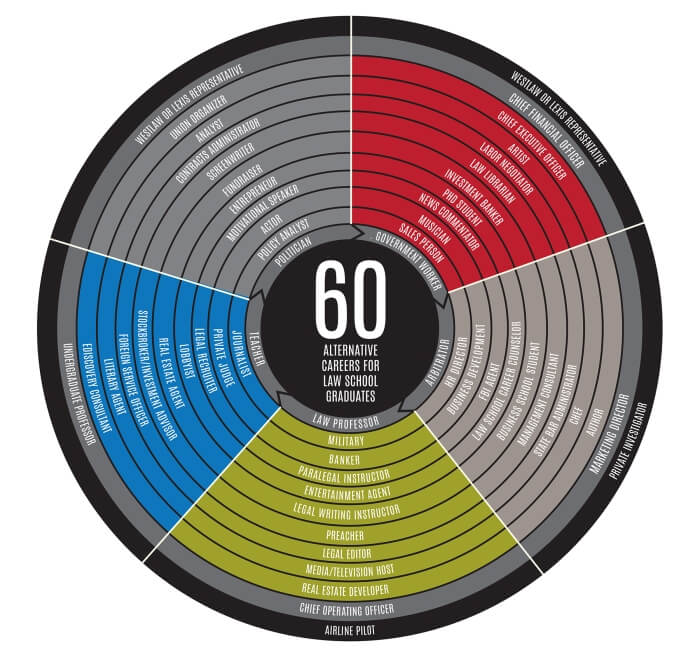
Facebook itself has condemned the practice as a violation of their terms of privacy, and are willing to fight legally to protect the rights of its users.
Democrats in Congress have attempted to amend the Federal Communications bill to make such requests illegal, but have been balked by House Republicans, in a vote of 184 to 236
“It only makes sense because those that are using these kinds of social media have an expectation of privacy,” said Rep. Ed Perlmutter (D-Colo.). “They have an expectation that their right of free speech or their right to free religion will be respected when they use these social media outlets.”
Rep. Greg Walden (R-Ore.), chairman of the Energy and Commerce Subcommittee on Communications and Technology, disagreed, saying “I think this is a real issue that we all share, and that is protecting privacy. This [amendment] doesn’t do that.”
Democratic New York Sen. Charles Schumer weighed in against this, saying “Employers have no right to ask job applicants for their house keys or to read their diaries. Why should they be able to ask them for their Facebook passwords and gain unwarranted access to a trove of private information about what we like, what messages we send to people, or who we are friends with?” asked Schumer in a statement. He also sent a letter to Attorney General Eric Holder and the U.S. Equal Employment Opportunity Commission to investigate the matter closely but has not yet received feedback.
However, Carol Miaskoff, Associate Legal Counsel at the EEOC, has, noted the legal fiasco such practices could lead to, saying: “If someone were to allege discrimination, and we had evidence that they had the information, it’s an exposure … and employers who [want to] limit their exposure should be aware of that.”












































